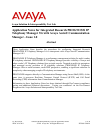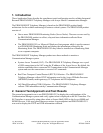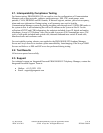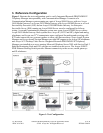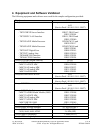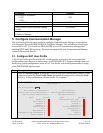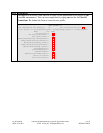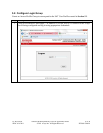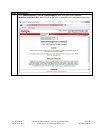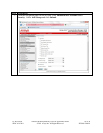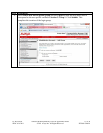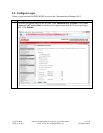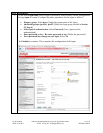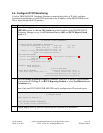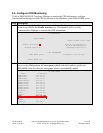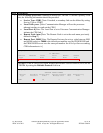JC; Reviewed:
SPOC 6/16/2011
Solution & Interoperability Test Lab Application Notes
©2011 Avaya Inc. All Rights Reserved.
2 of 30
IPTM96-CM601
1. Introduction
These Application Notes describe the compliance tested configuration used to validate Integrated
Research PROGNOSIS IP Telephony Manager with Avaya Aura® Communication Manager.
The PROGNOSIS IP Telephony Manager is based on the PROGNOSIS product-family
architecture for the scalable monitoring of business critical systems. The PROGNOSIS product
consists of:
One or more PROGNOSIS Monitoring Nodes (Server Nodes). These are servers used by
the PROGNOSIS product to collect, relay and store information collected from
Communication Manager.
The PROGNOSIS GUI is a Microsoft Windows client program which is used to connect
to a PROGNOSIS Monitoring Node and display the information collected by the
Monitoring Node. The PROGNOSIS GUI may either be installed on a Monitoring Node
or on a separate computer.
The PROGNOSIS IP Telephony Manager product uses three methods to monitor a
Communication Manager system.
System Access Terminal (SAT) - The PROGNOSIS IP Telephony Manager uses a pool
of SSH connections to the SAT using the IP address of the Avaya Server. By default, the
solution establishes three concurrent SAT connections to the Communication Manager
system and uses the connections to execute SAT commands.
Real Time Transport Control Protocol (RTCP) Collection - The PROGNOSIS IP
Telephony Manager collects RTCP information sent by the Avaya IP Media Processor
(MEDPRO) boards, media gateways, IP Telephones and IP Softphones.
Call Detail Recording (CDR) Collection - The PROGNOSIS IP Telephony Manager
collects CDR information sent by Communication Manager.
2. General Test Approach and Test Results
The general test approach was to use PROGNOSIS GUI to display the configurations of the
Communication Manager systems and verify against what is displayed on the SAT interface. The
SAT interface is accessed by using either telnet or Secure Shell (SSH) to the Avaya S8800 and
S8300D Servers. Calls were placed between various Avaya endpoints and PROGNOSIS GUI
was used to display the RTCP and CDR information collected.



